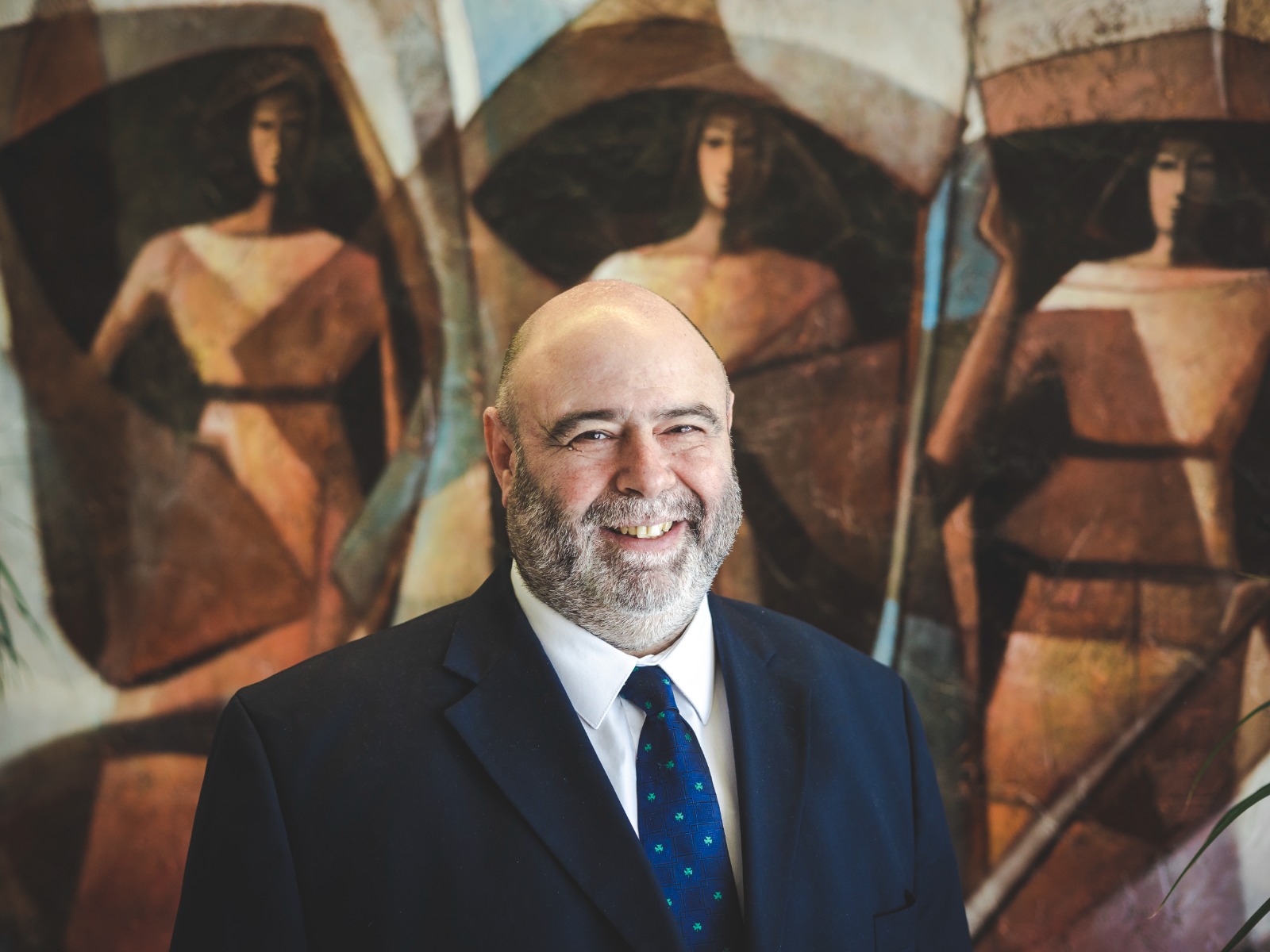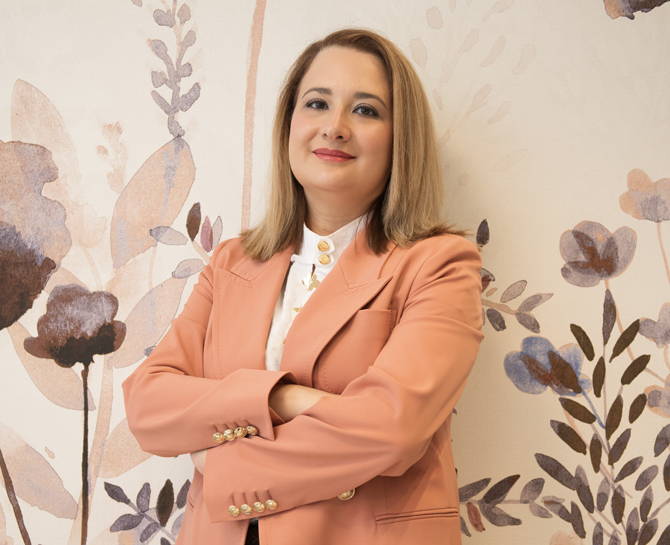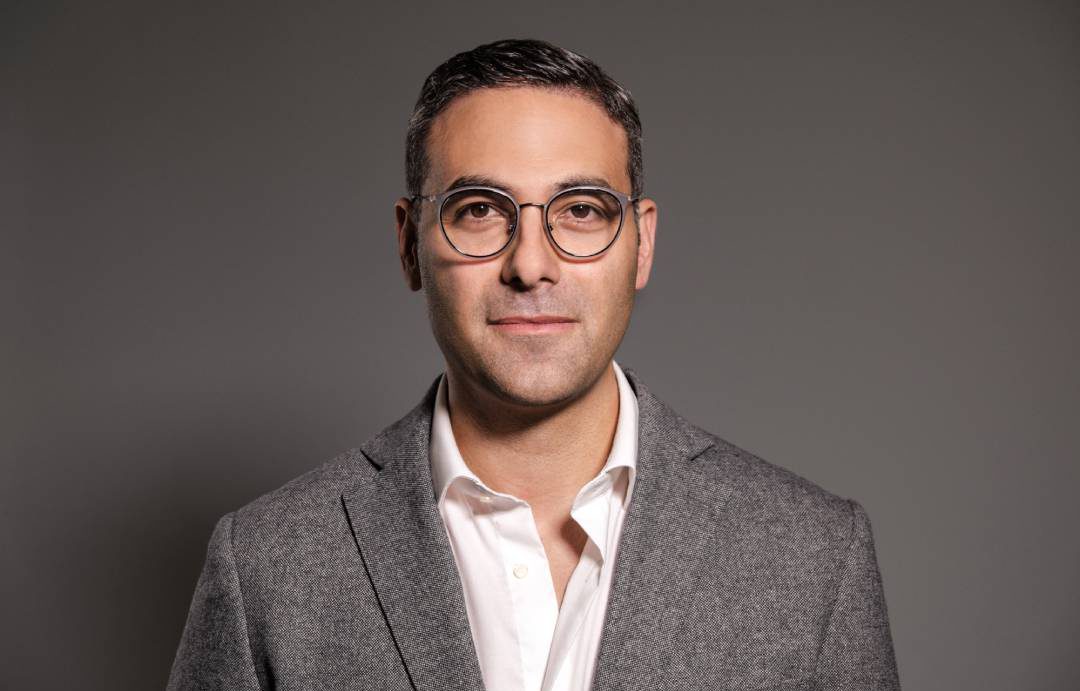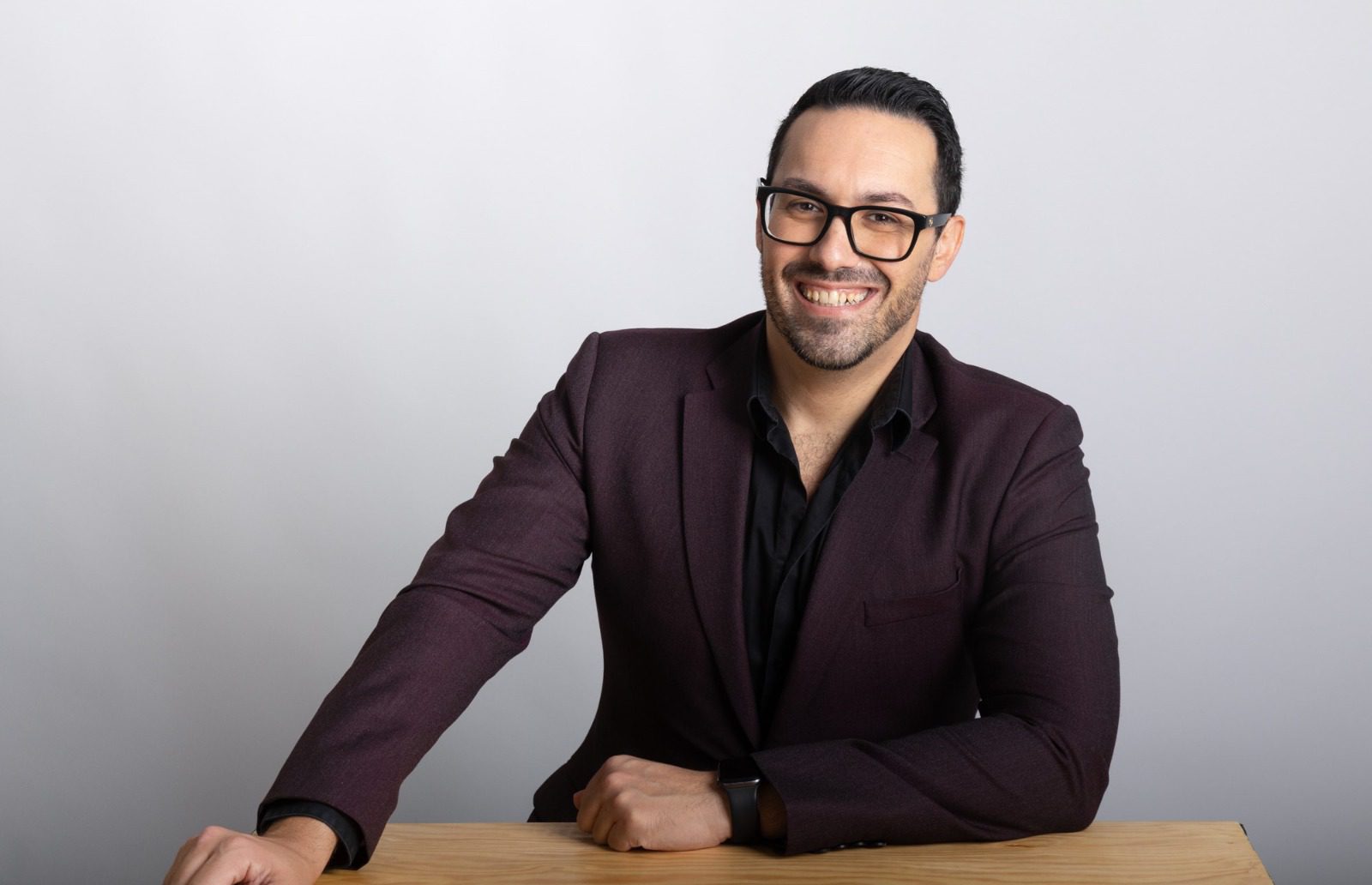Leslie Vella, Deputy CEO and Chief Officer Strategic Development for the Malta Tourism Authority, has had a lengthy career within the MTA, joining up 40 years ago as part of the student workers scheme.
Looking back on his early days, he recalls how, as part of the scheme, “you had to do six months of study and six months of work per year. I was sponsored by the Ministry of Tourism, quite randomly, and I haven’t looked back since.”
Those early days marked the start of an enduring love affair with the industry, beginning an impressive career trajectory that saw Leslie go from being a junior employee within the Marketing & Research section of what was then known as the National Tourism Organisation of Malta, right up to calling the shots as its CEO.
Tracing that journey, he recalls some of the main landmarks. “I spent three years in London as Deputy Director of our London office between 1988 and 1991, which was a great opportunity at a time before forming part of the EU made moving abroad much easier. Living on my own and mixing with some of the best brains in the industry had a huge impact on my way of thinking and operating,” he begins.
Subsequently, Leslie also served as Director responsible for corporate services within the new Tourism Authority, which was launched in 1999, responsible for Administration, HR, IT, Finance and Research amongst other things. He was then appointed CEO, between 2001 and 2004. After that, he honed his focus on the research element of the organisation, eventually leading into strategy, which remains his primary focus today, as Chief Officer Strategic Development, while also being responsible for route development to ensure adequate airline connectivity between Malta and its source markets.
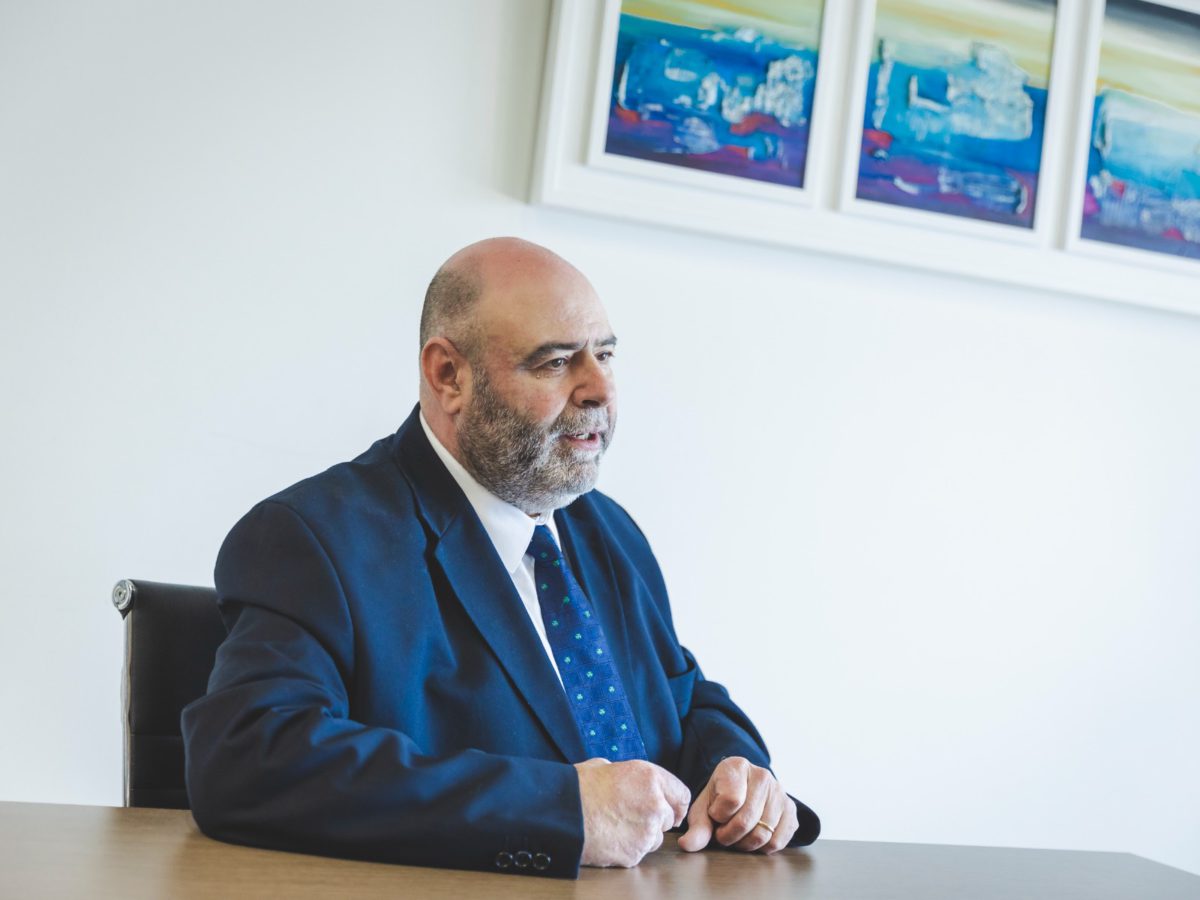
Having started at the base of the organisation as a humble student and working his way up, Leslie maintains, “I’ve gained a very horizontal understanding of the organisation, and today I find myself in a privileged position where I can look back on 40 years of trends. That gives you a very particular way of looking at things, understanding, and projecting scenarios for the future. You can look back on the ups and downs and understand the causes, which only comes when you’ve lived it.”
He also expresses his gratitude for the local and international experiences and recognition that have come with this trajectory – listing being sent to London; being made CEO and given other directorship positions; being involved in major decisions in Malta’s tourism development; being linked to the first economic study of tourism on Malta; and launching research tools that are with us to this day, among his highest honours.
Internationally, he highlights his relationships with the world body for tourism, the World Tourism Organisation, and the European Travel Commission – and being elected Chair of its Market Intelligence Group in 1997 – a position he held for 17 years until 2014. “This gave me the opportunity to lead a very powerful team of researchers from across Europe, and helped me establish myself as a respected name, not only for myself, but for the country I represented,” he says.
In that time, things have certainly changed for Malta, its tourism industry, and the authority tasked with promoting and advancing it. When Leslie started out, the organisation was, by his own admission, “tiny”, comprising about 15 people, and the research he was tasked with conducting was of a different sort to the data his team utilise for strategic development today. “Initially, research was mostly focused on reading the past, but slowly, over the years under my direction – and with the help of many people – we built a research unit to convert information to intelligence in order to plan for the future,” he explains.
As for the landscape itself, 40 years ago, Leslie describes it as a very seasonal industry. “There were lower volumes of tourists in general – in 1984, we had 480,000 tourists in total, mostly arriving during Q3. Second was the predominance of the British market – 80 per cent of our tourists came from the UK,” he explains, noting that the island was mostly sold as a beach destination, thus ignoring major strengths like its unique culture, landscape, traditions, and off-season charms.
Today, things are different. “We have become a year-round destination; we have recognised our possible offers, and this is one of our big pleasures and challenges – to showcase the fact that this small pixel on the map represents so much. The geographical diversification has also changed, as well as our outlook as a people. Today, the positioning of Malta makes us a destination of choice, and when we look at results in recent years, we outperform the market, which signals growth. We have been capable of innovating and remaining ahead, and this is one of the biggest challenges to retain moving forward,” the Deputy CEO affirms.
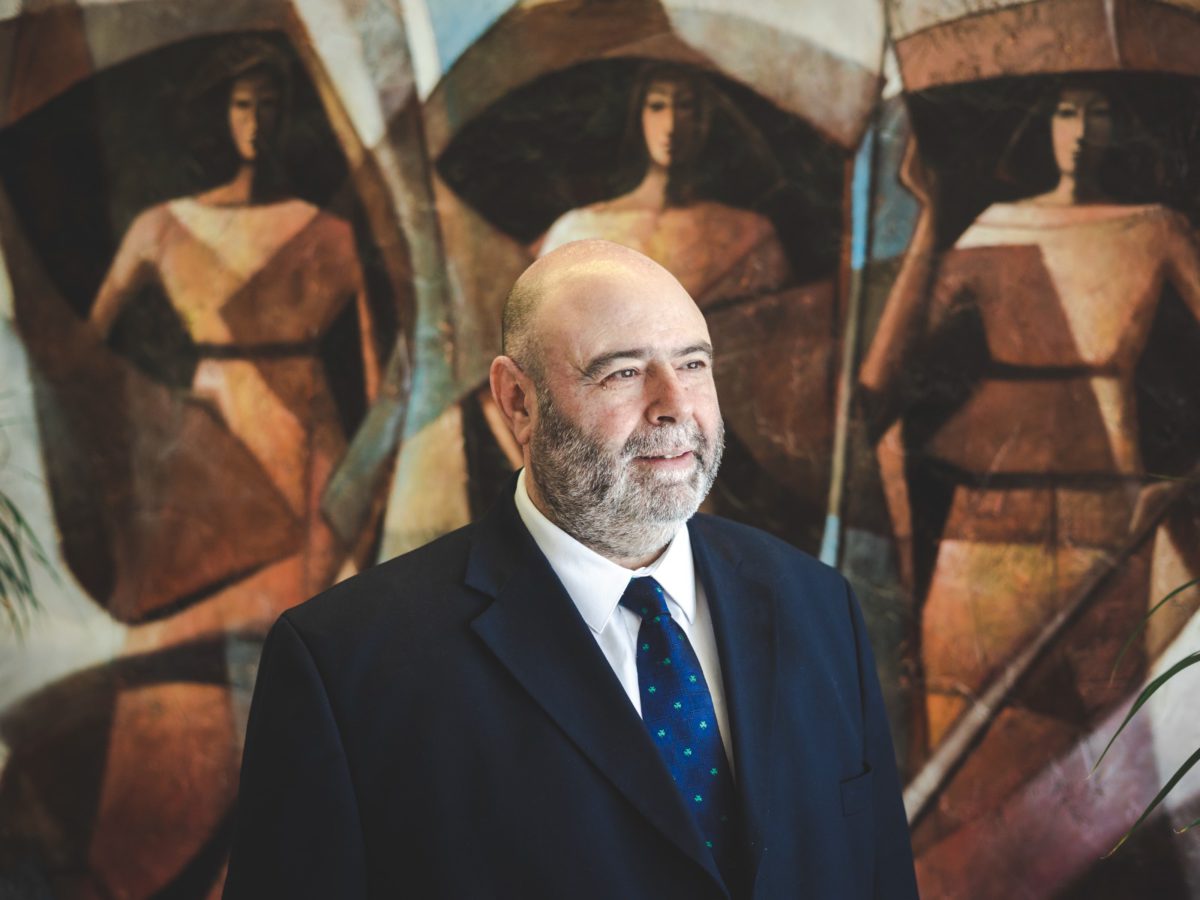
This is where the National Tourism Strategy 2021-2030 comes in. Discussing the main components of the Government’s vision for tourism development, particularly considering the recovery of the sector from the damage done by COVID-19, Leslie explains that the strategy is based on the triple term of ‘Recover, Rethink, Revitalise’.
“We have achieved the recovery aspect of this, with 2.3 million tourists recorded last year. However, the strategy also looks at rethinking, with a view to revitalising. As a generation worldwide, we are faced with all these decisions for which action needs to be taken,” he says, emphasising climate change among other global issues, noting, “it is definitely unacceptable to assume that life can go on in the same way, so we are looking at revitalising our tourism through a rethinking process, placing more emphasis on sustainability.”
Essentially, the strategy talks about maximising tourism returns without playing the volume game; he continues, emphasising a type of tourism that is spread more equitably, not only in numbers terms, but also in terms of equating tourist needs with what the destination offers.
Meanwhile, last year saw the launch of the Malta Tourism Observatory, with a view toward putting Malta at the forefront of sustainable tourism on a Mediterranean, European and global scale. Sitting squarely in his wheelhouse, Leslie breaks this down.
“Traditionally, tourism was measured through a very limited number of variables: how many tourists came by month, from which countries they came, how many nights they spent, whether it was their first time, how much money they spent and what accommodation they used. Today, we understand, even within the wider discussion of sustainable tourism, that measuring the tourism phenomenon requires a wider set of observations to understand its impacts and benefits,” he says.
Thus, the concept of tourism observatories was born, with a view to autonomously measure and observe a wider set of variables to understand the tourism phenomenon. “Having an observatory is a sign of maturity on the part of the destination, as it is linked to our development,” Leslie affirms, noting that Malta’s tourism strategy is very ambitious in what it sets out to achieve, and the observatory will be charged with its execution by widening the set of variables to help gauge and plan tourism development backed up by more tools.
“Eventually, once it develops and starts delivering results, we hope to integrate it with the global family of tourism observatories with a view to having information to share,” he smiles.
Looking ahead, Leslie believes that the challenges moving forward will always be regarding the maximised use of what we have available, rather than using resources as if there is no tomorrow. Despite this, opportunities abound.
“40 years in tourism have taught me how versatile Malta and the Maltese are. We are capable of reinventing ourselves; we have such depth of material coupled with a very enterprising and innovative way of looking at things that the traditional product life cycle does not seem to apply to us. We are very willing to change and adapt, and this has helped our economy to thrive.”
‘My vision is not just to meet local standards, but to exceed them’ – Dr Anna Maria Fenech Magrin
The Medical Director at DoctorAM Clinics is bringing all of her knowedge and experience in the field of aesthetic medicine ...
Addressing skill gap in advanced technology will be 2024’s primary challenge – EBO.ai CEO Gege Gatt
During an interview from our latest series, the AI expert says he wants to align his personal growth with that ...
Charlene Sciberras’s journey to CEO ‘reshaped’ her approach to leadership and ‘honed’ her abilities
In our end-of-year series, she states that her promotion to CEO back in March was a ‘pivotal and transformative experience’ ...
‘Success is a shared journey, not a solo endeavour’ – VentureMax CEO Justin Paul Anastasi
In the latest article from MaltaCEOs.mt’s interview series, the VentureMax CEO says 2023 was ‘transformative’, yet also equally ‘intense’ and ...


